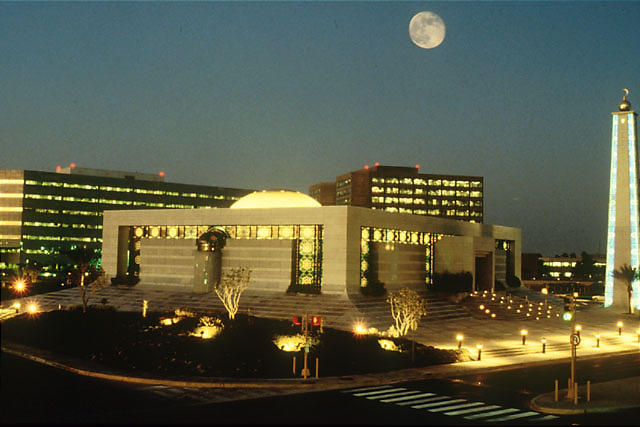Annual energy subsidies in Saudi Arabia amount to $120 billion; roughly a quarter of all global energy subsidies combined. As with subsidies worldwide, those in Saudi Arabia are in place primarily for political and social reasons. Unfortunately, energy subsidies result in numerous and profound economic distortions that ultimately do not benefit the poor in particular or the economy in general.
Typically, in countries with high energy subsidies the poorest 20% of the population receives only about 3% of the fuel subsidies, whereas the richest 20% captures more than 50%. The poor would be better served by receiving direct cash transfers or a system that provides cheaper electricity and water on the basis of income.
Just as importantly, targeted subsidies to those that need it most will have big payoffs in terms of higher growth for the economy as it becomes more efficient in its energy supply and demand needs.
Economically, general subsidies foster overconsumption, waste and damage to the environment. They also tend to encourage capital-intensive industries to the detriment of employment-intensive activities. Saudi Arabia needs to create employment-intensive activities to accommodate the millions that will be looking for jobs in the next fifteen years
Subsidies and the resulting overconsumption of energy creates local pollution and traffic congestion. Traffic congestion is a problem of incentives: personal vehicles are the only mode of transportation in Saudi Arabia as public transportation is non-existent and cheap fuel makes the use of cars too economically advantageous. But it goes beyond transportation distortions. Energy subsidies remove $120 billion from a government budget at the expense of much-needed investment in health care, education and infrastructure.
In Saudi Arabia, oil is the single most important source of income for the government. Without oil the country will stop advancing. More than 2.4 million barrels of (subsidized) oil are being consumed each day within Saudi Arabia. Domestic oil consumption is increasing 5% annually and if this trend continues the country’s income will fall, private activity will reverse at a time when Saudi Arabia needs all engines to be fully operational. Using more of the oil today, leaves fewer resources for future generations.
Now is the time for subsidy reform. When economic growth is high and inflation is moderate. Even the completion of metro systems support reconfiguring of fuel subsidies. Once acceptable public transport is available, imposing a higher cost on private transport can be more easily supported.
Difficult decisions are taken by those who are visionary. If done properly, those that are most in need will be protected from short term increases in inflation or further increases in prices and wages. However, the long-term benefit to the Saudi economy would be enormous. Consider it a gift to our children.









